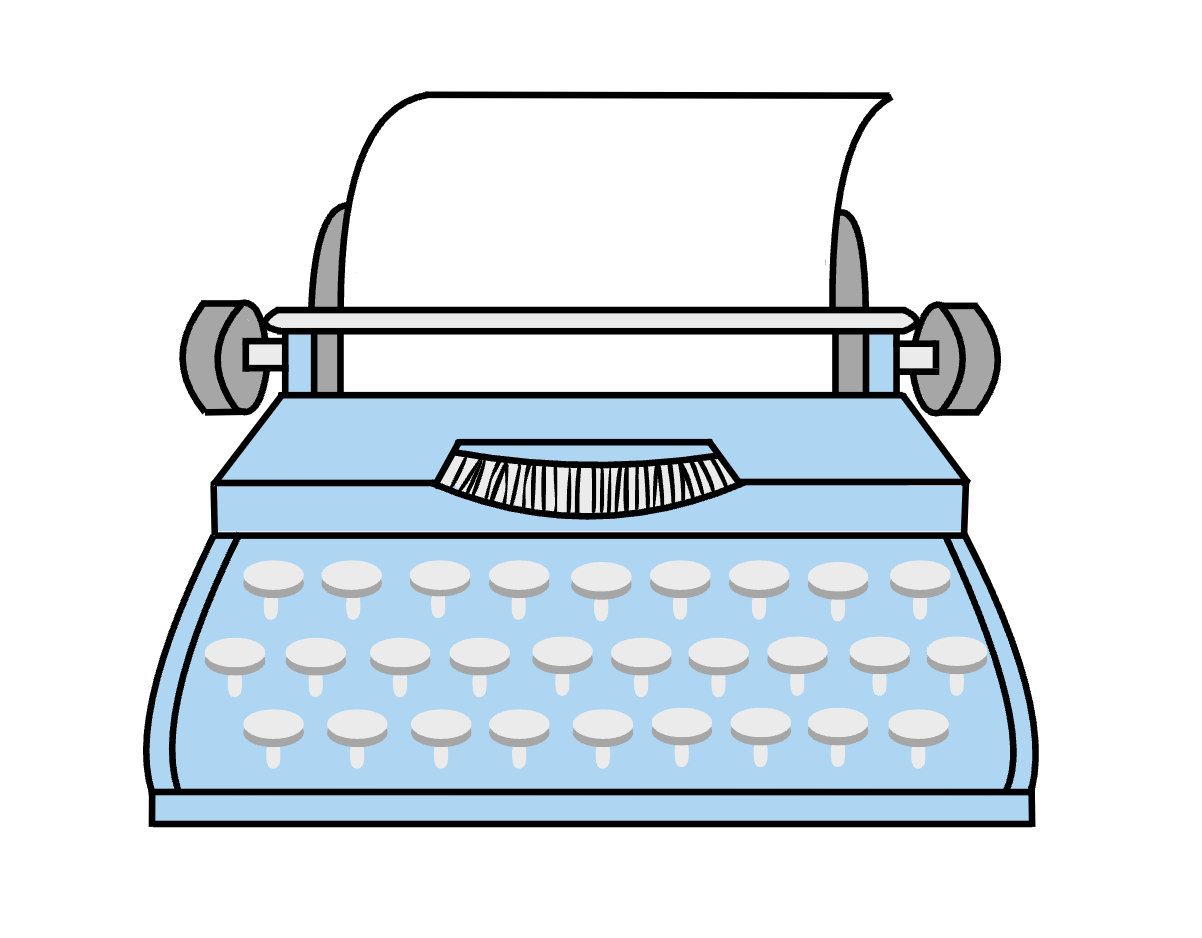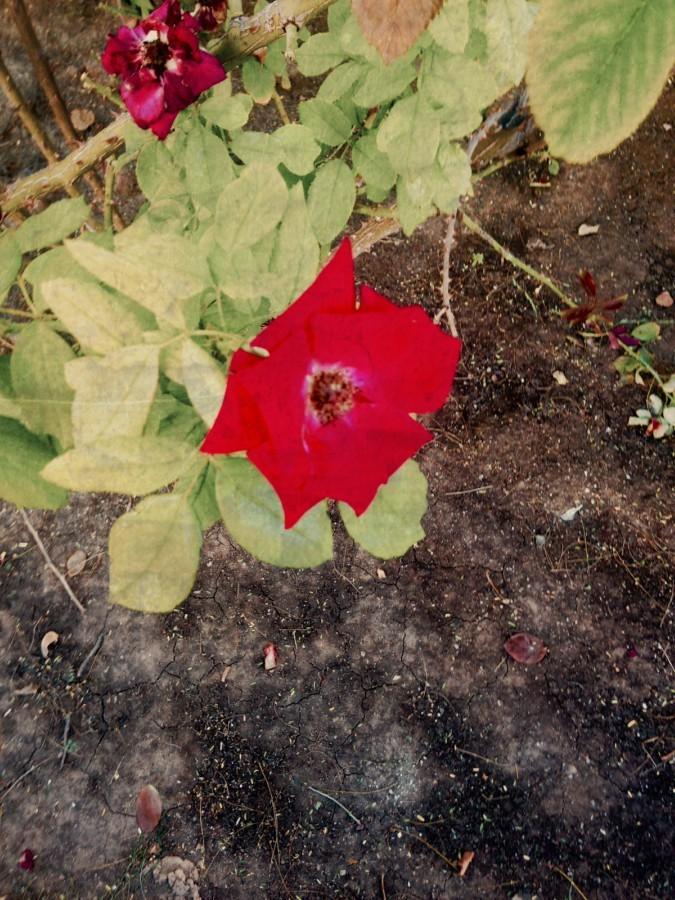Desert deprived: navigating through a drought
Abby Johnson ’17 writes about the disadvantages of the drought affecting the Southwest
Gardening and agriculture is affected by the drought.
As we all know, or at least hopefully know if you are keeping up with some sort of current events, California is a facing a major drought. Not only do they lack the amount of water needed to function comfortably as a state, they are facing the wrath of El Niño. According to “The Economist”, El Nino is a series of storms as a result of warm water stacking up off the Pacific coast of South America usually in late December affecting the equatorial jet stream therefore disrupting weather patterns around the globe. Even though you think a series of storms would be good for California, it’s actually not.
California’s lands are so dry that the water is not absorbed and quickly runs off creating massive landslides. Most people are told that families and individuals need to cut down their own water usage, but really it’s the agriculture that is causing the problem. According to Blaine Hanson at the University of California, Davis, “agriculture takes up about 80 percent of the state’s water,” for mostly growing alfalfa. So why does the state keep asking the residents to do their part when the state won’t?
As a former Californian and frequent visitor, the drought is not fun; showers are cut short, your clothes get washed less, and you reuse a lot of cups. Addy Thompson, a junior at Xavier, talks about the inconveniences of the drought when she is at her second home in southern California. She said, “You can only water your plants certain days, you can’t wash your car or even use your hose.”
As an Arizonan, the water supply might be a little out of our hands. Lucky for us we have the dandy Colorado River to supply us with tons of water ready for our usage. Maybe just keep your shower under 10 minutes for future reference. The effects of the drought may not be so severe for us Arizonans, just yet, but, they are necessary to pay attention to as they can allow Arizonans to be more efficient with our water use and even help save our agricultural land.




